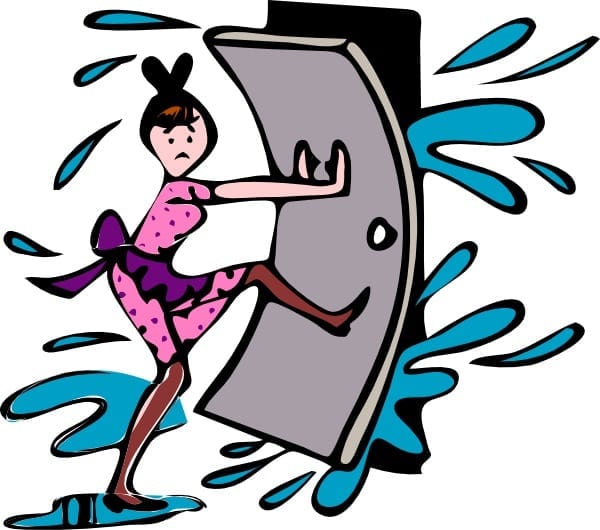In response to the flooding in Illinois and Missouri, the NFIP has offered advice with regards to what can be done.
The National Flood Insurance Program has recently responded to the damaging flooding in Illinois and Missouri and, as a part of this effort, it has issued a list of tips to people who have been affected by the rising waters in order to provide them with recommendations with regards to what they should be doing both during and after the floods.
Officials from NFIP want to improve education about flooding among local residents to keep them safe.
The National Flood Insurance Program officials are taking care to make sure that local residents in areas around flooding are aware of the types of hazards that may exist as they come back to the affected regions. NFIP is offering guidance not only for filing insurance claims through the program, but it also hopes that people who have remained uninsured will pay attention to these details so they can determine if the coverage would be appropriate for covering their own properties in the future.
The National Flood Insurance Program recommendations cover both during and after flooding in a region.
 Among the NFIP recommendations during times of natural disaster floods, the recommendations include:
Among the NFIP recommendations during times of natural disaster floods, the recommendations include:
• Moving to higher ground, above areas that could be subject to flooding or that would have evacuation routes cut off by rising water.
• Avoid walking or driving on roadways or through streams as six inches of moving water is enough to knock you off your feet and injure you while two feet of water can take a car off the road.
• Listen to battery operated radio on a local station for instructions from authorities and follow those instructions.
• Shut off all utilities at their main sources, including the gas valve if this has been recommended to you. If you are wet or standing in water, never touch any electrical device in any way.
The National Flood Insurance Program officials always recommend that you err to the side of caution no matter what you are doing during or following flooding in your home or area.
